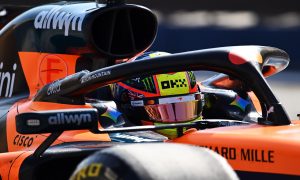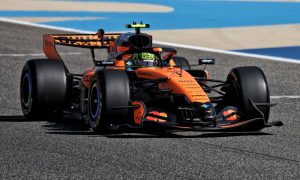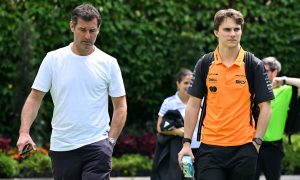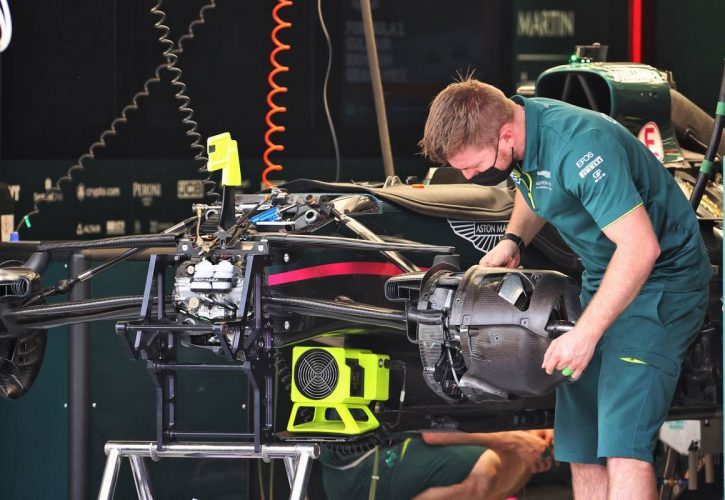
McLaren boss Zak Brown has put his full faith in the FIA to "closely monitor" and strictly enforce the anti-copycat regulations introduced in the latter part of last season in F1.
In the wake of the controversy that surrounded Racing Point's 2020 car, the design of which took its cue from Mercedes' 2019 contender, the FIA took regulatory action to prevent teams from copying a rival's design.
The governing body's focus was on tightening the rules involving 'listed team components', or elements of a car whose "design, manufacture and intellectual property is owned and/or controlled by a single competitor or its agents on an exclusive basis".
The list includes a car's survival cell, front impact structure, roll structures, brake ducts and its bodywork, and is associated with rules that set clear boundaries for the design and manufacturer of such components.
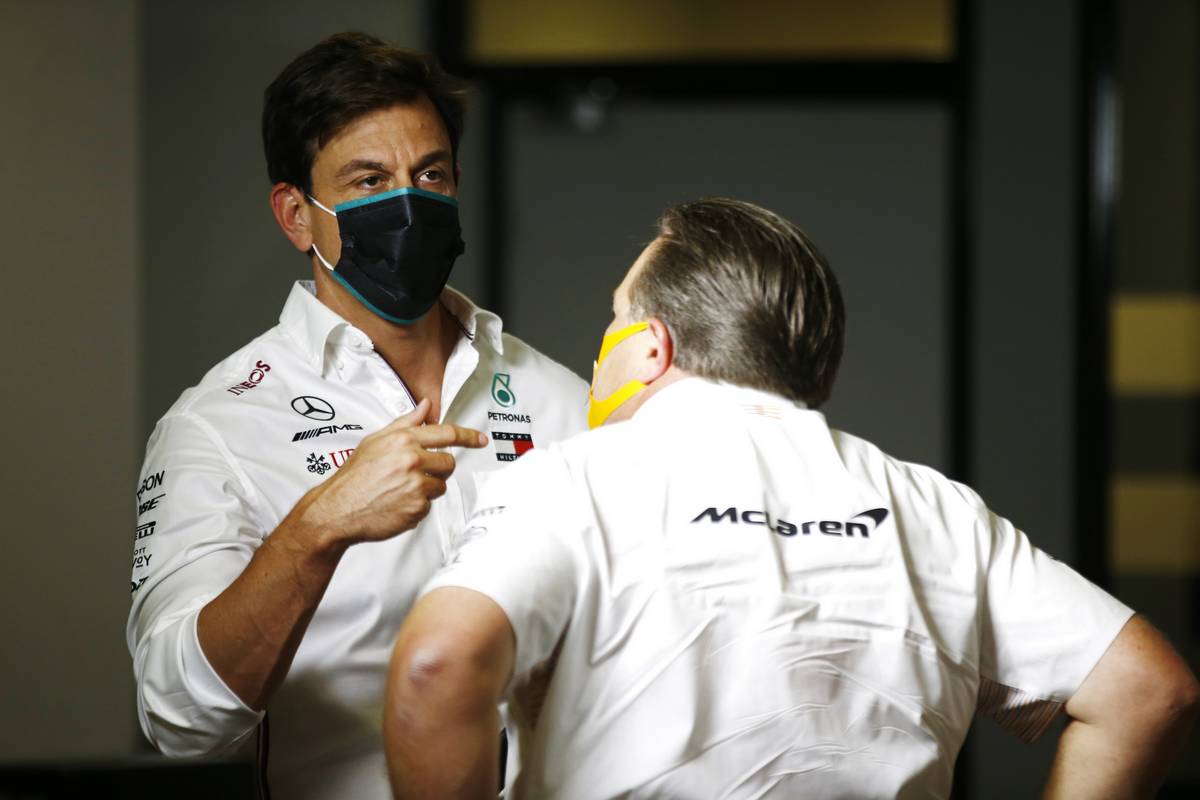
While a degree of influence is tolerated on the part of a team seeking design inspiration, reverse engineering through the use of images, special software or advanced 3D scanning or modelling is strictly prohibited.
However, team alliances in F1, such as those shared between Red Bull and AlphaTauri, or Mercedes and Aston Martin or Williams, or Ferrari and Haas, will require a tight policing of the rules.
Brown trusts the FIA will rigorously enforce its rules.
"New regulations were put in place," Brown said in Bahrain. "We are confident the FIA will monitor that very closely and make sure the rules are executed as they should be.
"We are an independent team. We are of the view that everyone should be a constructor.
"But there is obviously the ability to collaborate but we just have to have our trust in the FIA, that they will monitor the situation and make sure the rules are followed accordingly."
Mercedes team boss Toto Wolff believes the revised regulations introduced at the end of last season offer sufficient clarity for teams to steer clear of any transgressions.
"I think we’ve got to trust the system. Like Zak said, the regulations have been more prescriptive," said the Austrian.
"By the end of last year they have been clarified. Everything that could have been bound to an interpretation was described in a very solid way, so everybody knows what’s on and what is not on.
"There will always be areas of collaboration between teams, but they are not in areas of any IP nor any exchange of information or in whatsoever way so I believe that everybody… it’s down to all of the teams to perform, to carry on with their own development.
"There will be some infrastructure that’s being shared within the regulations and obviously that creates the positive effect of economies of scale, revenue stream for the bigger teams and fantastic state-of-the-art facilities for the other teams.
"But we equally recognise a situation like McLaren has, that this needs to be, in a way, ring-fenced in terms of the regulations so there’s absolute clarity what’s on and what’s not."
Gallery: The beautiful wives and girlfriends of F1 drivers
Keep up to date with all the F1 news via Facebook and Twitter





